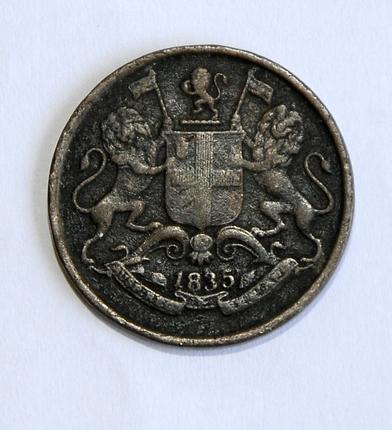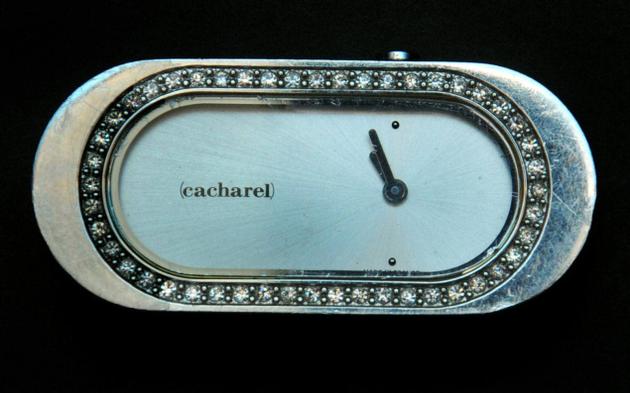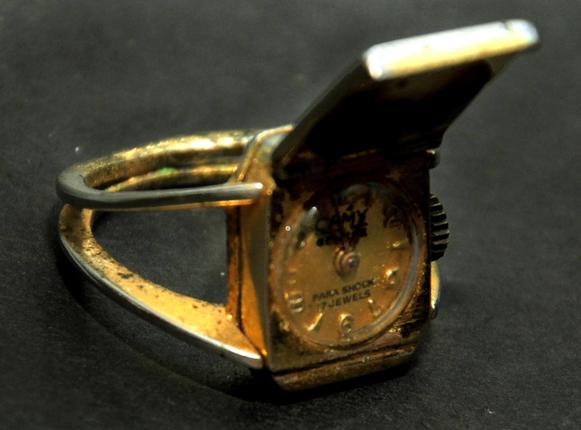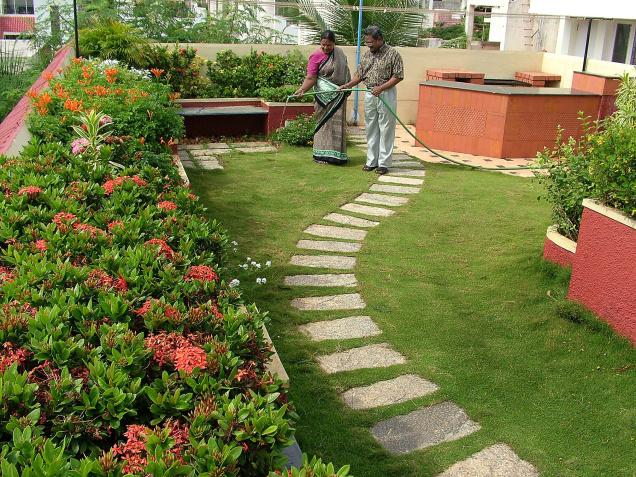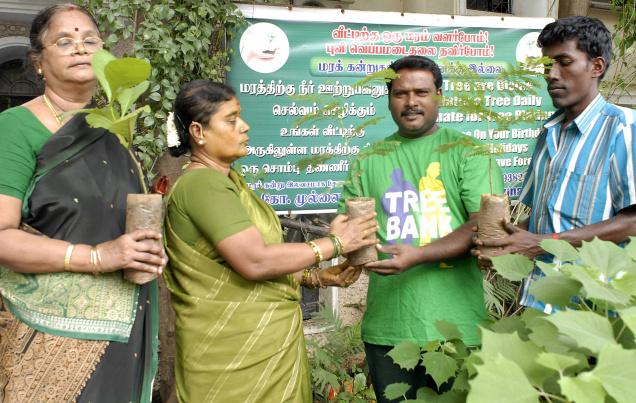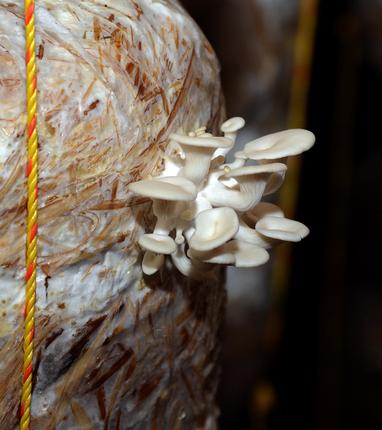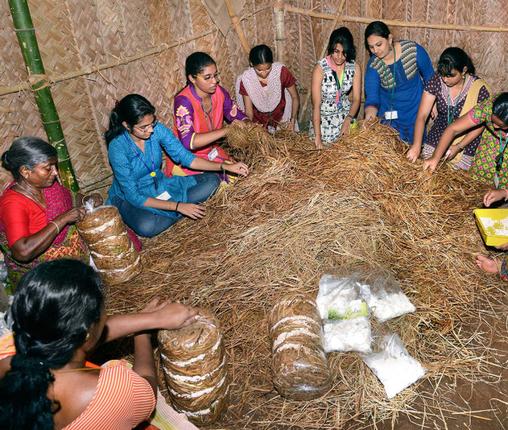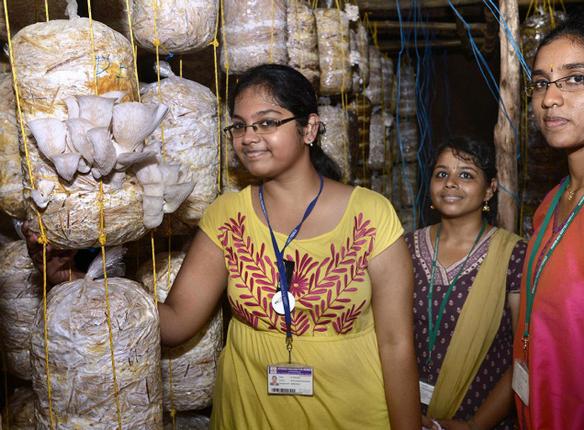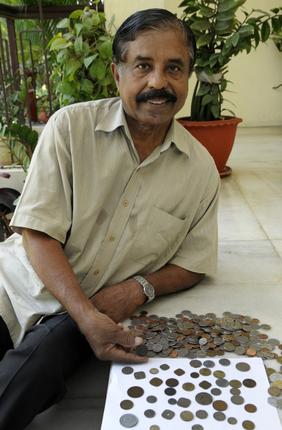
This numismatist’s collection includes one quarter anna by the East India Company in 1835.
It started in a small way as a childhood hobby. It is now a collection, focussed and growing.
Brigadier Mohan Thomas, a resident of Selaiyur, has been collecting coins of various countries that were in currency during the earlier parts of the last century. The United States of America, United Arab Emirates, France, The United Kingdom, Liberia, Ceylon and Kuwait are among the countries that figure in his collection of more than 300 coins. “I started collecting coins from my relatives and friends. When I was in the Indian Army from 1967 to 2002, I couldn’t pursue the hobby. Post-retirement, I have been collecting coins of significant value — to give just examples, the 100 year of Civil Aviation of India 2011 and Saint Alphonsa Birth Centenary 2009. The pre-Independence coins were given to me by my relatives. The coins are valuable,” he said.
Other sparklers in his kitty are: One-Quarter Anna by East India Company in 1835, King George V one-by-twelve Anna in 1935, One-Quarter Anna King George V in 1936, One Penny in 1936, Five Francs in 1950, 20 Francs in 1952, and One Cent in 1957, The Second Queen Elizabeth, and Five Cents in 1944, George VI King and Emperor of India.
He celebrates the birth years of his family members by collecting coins issued by countries that year. Other coins of significant value that I have collected include Jawaharlal Nehru Birth Centenary Year 1989, Five Rupees coin, 200 year of State Bank of India (1806-2006) Two Rupees 1982 Asian Games, ONGC 50 year (1956-2006) and Reserve Bank of India Platinum Jubilee 1935-2010 One Rupee Coin, and Shri Mata Vaishno Devi Shrine Board 2012 Silver Jubilee Five Rupees Coin, he pointed out.
His parents, K. A. Thomas and Ponnamma Thomas, who served in security establishments of Madras between 1940 and 1945, are recipients of three George VI Medals. He can be contacted at 9444934080.
source: http://www.thehindu.com / The Hindu / Home> Features> DownTown / by T.S. Atul Swaminathan / March 21st, 2015
